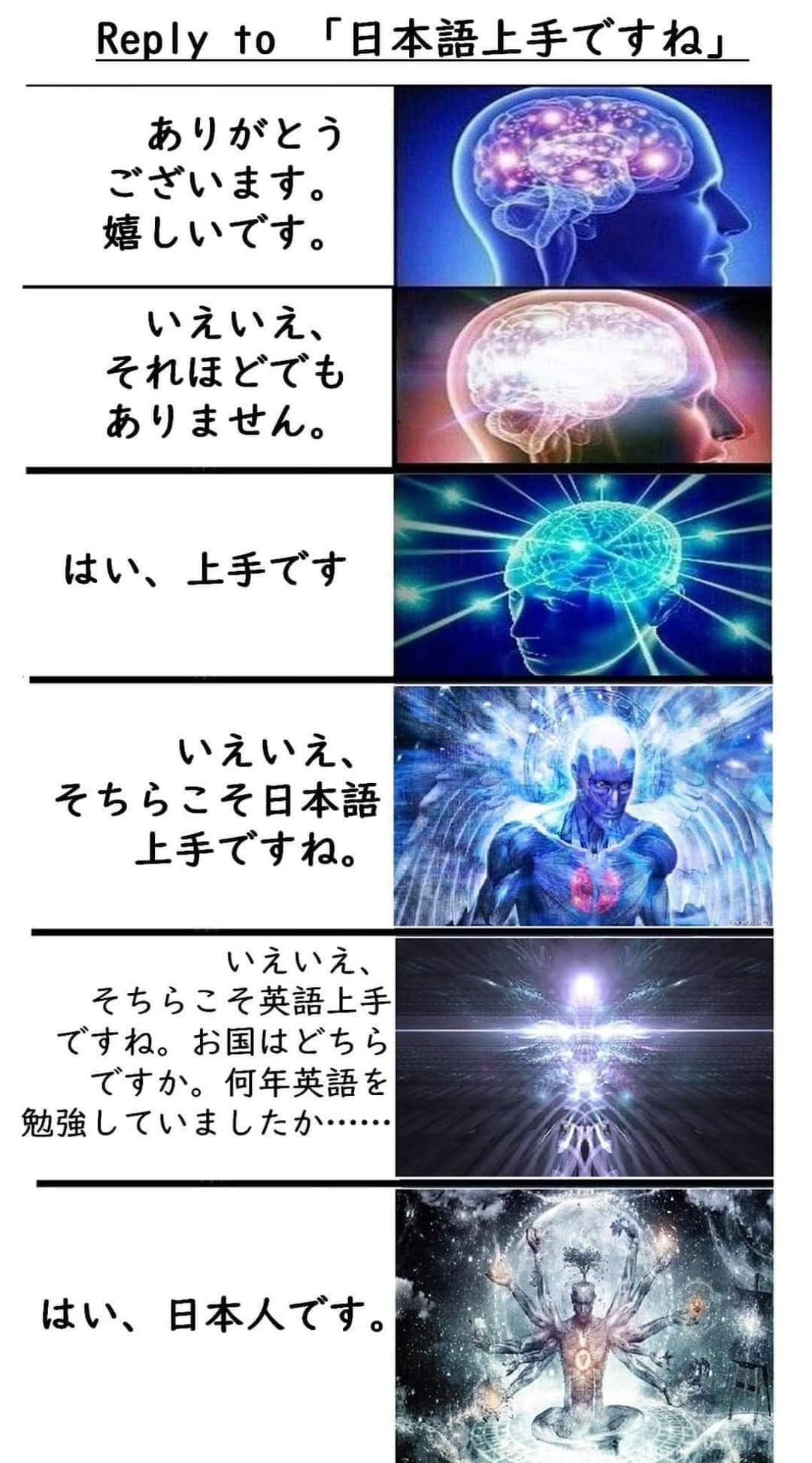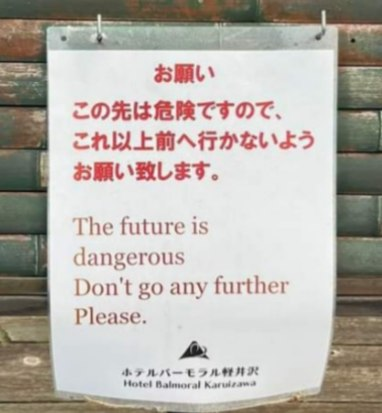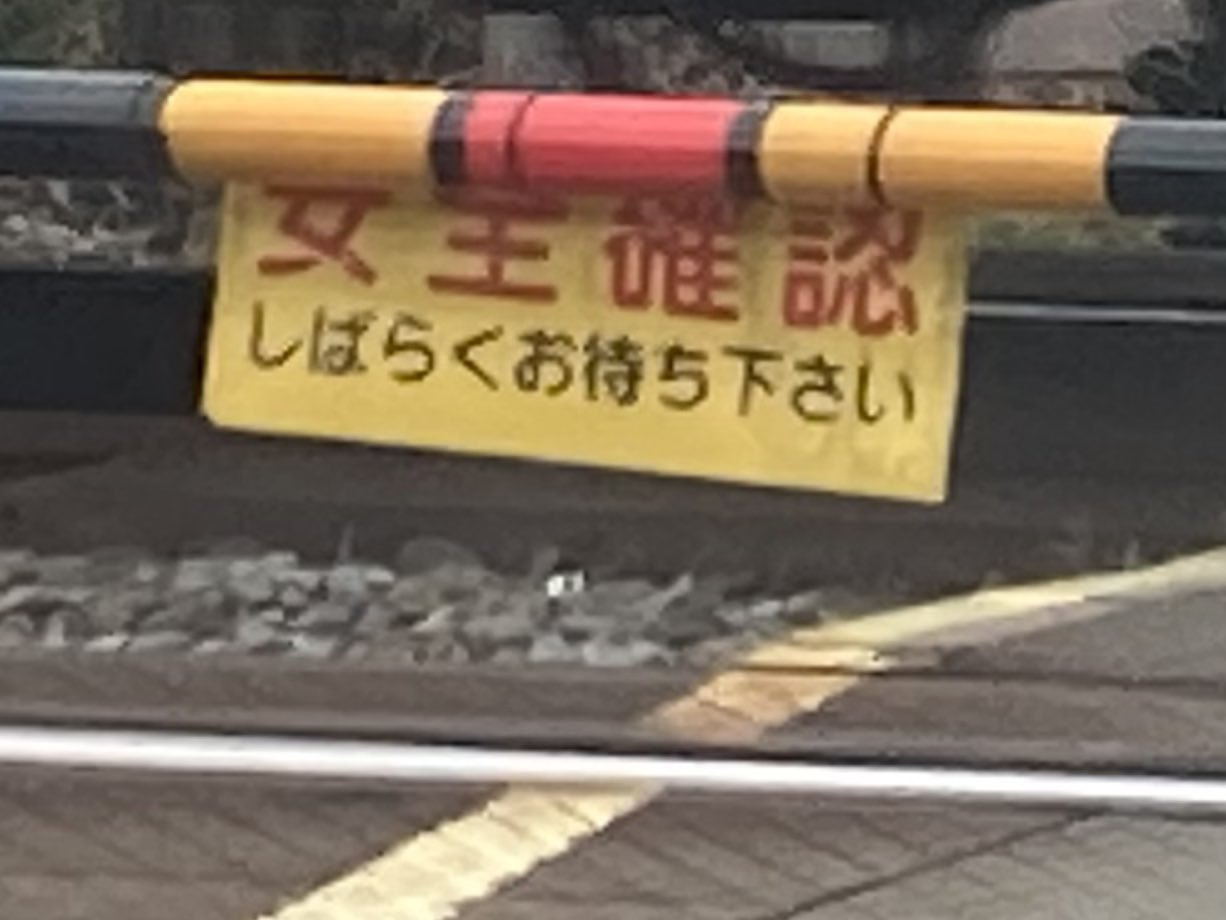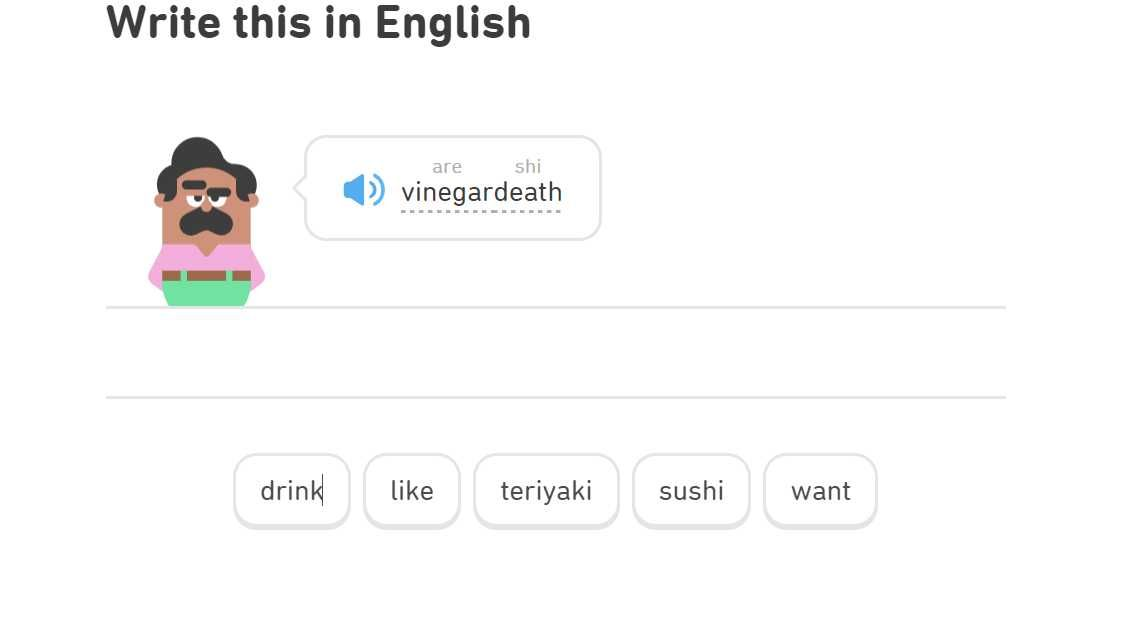Oh, apparently you're right! I just made a quick search. I was speaking based on what a Japanese friend had told me long ago, but maybe he had misunderstood it too.
Ah, no, this is some Internet slang, and oddly enough it comes from the first meaning. AFAIK, the second one doesn't exist in Japanese.
~~Basically, "hahaha" in Katakana is written as ハハハ. If you line up enough ハハ's, it will look like a series of w's.~~ In chats, they use w (from 笑い、warai) to denote laughter. If you line up enough wwww's, it looks like grass. That's how 草 ended up meaning LOL.
You can immerse yourself into stuff like online articles, blog posts, or Twitter (yes I know, Japanese people don't seem willing to leave it). This way you can read at your own pace without having to chase after what you hear. You can install a browser add-on like Yomichan for Firefox, that lets you look up words by just hovering over them while pressing Shift. It makes reading 100x easier.
There are also some websites that offer articles for each reading level, such as https://yomujp.com/n5/ and https://www.nihongoschool.co.uk/nihongoblog .
Finally, what I can really recommend is to find some Japanese friends to chat with. Difficult, I know. Back in my day I searched on Skype, I wouldn't know what to recommend now, sorry. I first did this when I was around N5 level and totally fell flat on my face, but when I was at N4 I could easily hold a conversation about a variety of topics.
Well, it's a Tuesday so that means I can get fresh fish in my local street market. Nothing much going on otherwise.
Tortellini with shrimp and tomato sauce (we use frozen shrimp), grilled fish, and basically any stir-fried food.
I use NextCloud News, it's super convenient and also syncs between my phone and computer. I use it for reading the news (playing hide and seek with one news site after another when they inevitably disconnect their RSS/Atom support), for the webcomics I follow, and for keeping up with friends' blogs.
Not a native speaker, but nobody else has jumped in, so here's my understanding of it. Take it with a grain of salt because I'm not a native speaker. If you want I could ask my sensei for clarifications, I just would prefer to not bother her.
These two phrases only have a different nuance, not technically a different meaning. The nuance is exactly what you described in what you consciously know. So you might use the 〜ていた form to say how it was safe for you to go on a hike, and the 〜た form to focus on the season change itself. It's not necessarily wrong to use them interchangeably.
Women don't have balls, therefore they can't store pee, and that explains the longer queues in women's bathrooms. See you next time with a new episode of Troll Biology!
Oh, that makes sense. Thanks a lot for your explanation! And wow, I wouldn't have guessed that the smell of smoke would be a risk to a military unit, though now that you mention it it also makes a lot of sense.












I use this and you can preemptively create some groups you can share your location to, then turn those on. If this works for you.